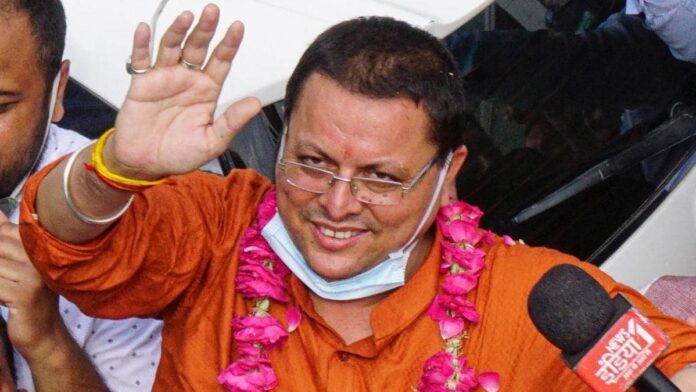Uttarakhand: In a pioneering move aimed at promoting a diverse and inclusive education system, the Uttarakhand Waqf Board has announced its decision to introduce Sanskrit and the NCERT syllabus in 117 Madrasas across the state. This decision has garnered attention and sparked discussions about the integration of different cultures and subjects in religious educational institutions.
Chairman of the Uttarakhand Waqf Board, Shadab Shams, made this announcement during a press conference held at the board’s headquarters. Mr. Shams stated that this initiative aims to provide students in Madrasas with a more comprehensive education, enabling them to learn not only Arabic, which has traditionally been the primary language of instruction in these religious institutions but also subjects such as Sanskrit, Physics, Chemistry, Maths, English, and Hindi.
“These Madrasas, which operate under the auspices of the Waqf Board, will now offer a curriculum that includes a wider range of subjects,” Shadab Shams explained. “We believe that by incorporating Sanskrit and following the NCERT syllabus, we can better prepare our students for a diverse and ever-evolving world. The State Government is providing financial aid to support these Madrasas in implementing this curriculum expansion.”
The decision to include Sanskrit in the curriculum of Madrasas has raised eyebrows and sparked discussions among religious leaders and scholars in Uttarakhand. While some have applauded the move as a step towards promoting intercultural understanding and holistic education, others are questioning the compatibility of Sanskrit, a classical Indo-Aryan language, with the traditional Islamic education imparted in Madrasas.
Religious leaders are expected to engage in dialogues and deliberations regarding this decision in the coming weeks. The implementation of Sanskrit and the NCERT syllabus in Madrasas is seen as a significant step towards bridging the gap between religious education and modern academia, but it also poses challenges in terms of reconciling different cultural and educational perspectives.
The coming days will witness discussions between stakeholders, including the State Government, the Uttarakhand Waqf Board, religious scholars, and Madrasa administrators, as they strive to find a harmonious balance between tradition and modernity in the state’s educational institutions. The outcome of these discussions is eagerly awaited by both proponents and skeptics of this groundbreaking decision.



